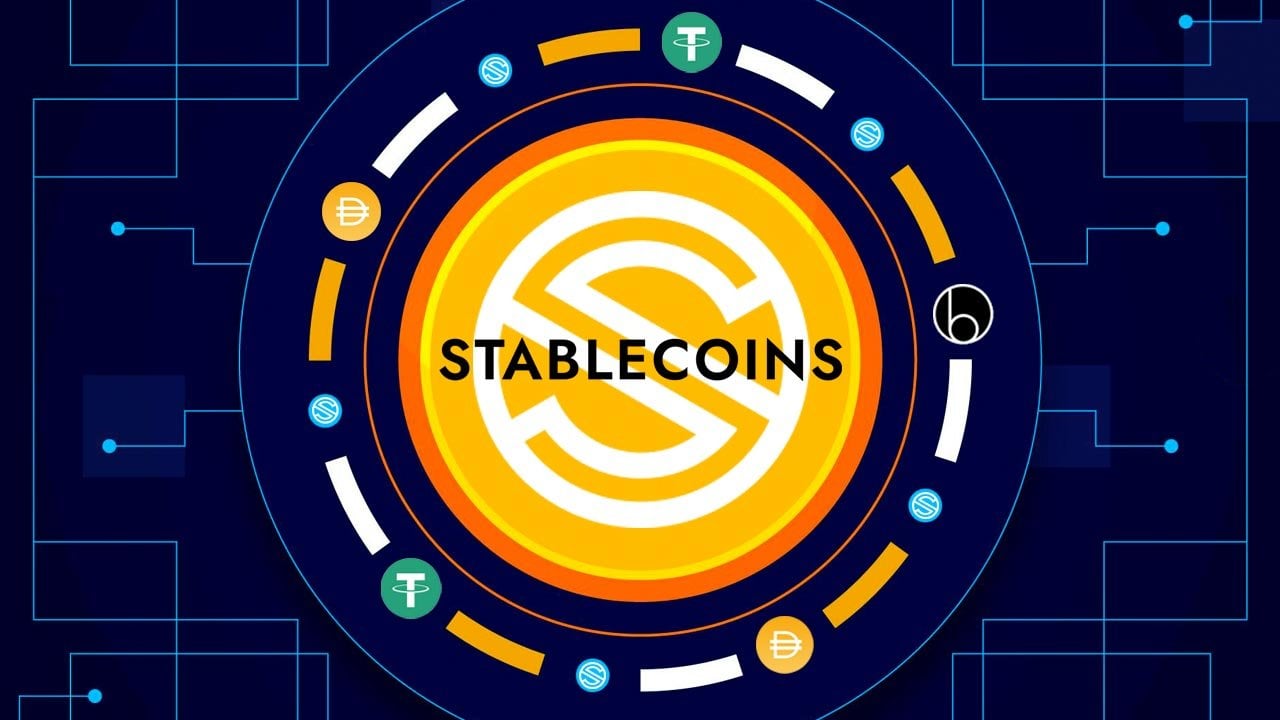In a move to comply with US sanctions, Tether, the issuer of the world's most popular stablecoin USDT, announced plans to freeze accounts allegedly involved in sanction evasion. This decision comes after a Reuters report claimed Venezuela's state-owned oil company, PDVSA, was utilizing cryptocurrencies to circumvent American restrictions on oil exports.
Tether, a digital token pegged to the US dollar, has faced scrutiny for its lack of transparency regarding its reserves. However, their latest announcement suggests a shift towards aligning with international regulations. A spokesperson for Tether emphasized the company's adherence to the US Treasury Department's Office of Foreign Assets Control (OFAC) sanctions list. This list identifies individuals and entities with whom US citizens and companies are prohibited from doing business.
The move comes amidst a period of heightened tensions between the US and Venezuela. The US government has imposed a series of sanctions on Venezuela in recent years, aimed at pressuring the administration of President Nicolas Maduro. These sanctions have significantly impacted Venezuela's economy, which has been struggling with hyperinflation and shortages of basic goods.
The use of cryptocurrencies to bypass sanctions is a growing concern for governments around the world. Cryptocurrencies, by their decentralized nature, offer a degree of anonymity that traditional financial institutions do not. This anonymity makes it difficult for authorities to track transactions and enforce sanctions.
While Tether's action targets a specific situation, it sets a precedent for how stablecoin issuers might respond to future sanctions. It remains to be seen how effective Tether will be in identifying and freezing sanctioned accounts. The anonymity associated with cryptocurrency transactions makes it challenging to definitively link an account to a particular individual or entity.
Furthermore, some experts believe that Tether's ability to freeze accounts may be limited. Tether, like other stablecoins, operates on a specific blockchain network. If sanctioned actors choose to use a different blockchain network to conduct their transactions, Tether would be powerless to stop them.
The Venezuelan government has not yet commented on Tether's announcement. However, it is likely that the move will further strain relations between the US and Venezuela. It is also unclear how this situation will impact the broader cryptocurrency market. Some investors may be wary of using Tether or other stablecoins for fear of having their accounts frozen. However, others may see Tether's move as a sign that stablecoins are becoming more mainstream and regulated.

